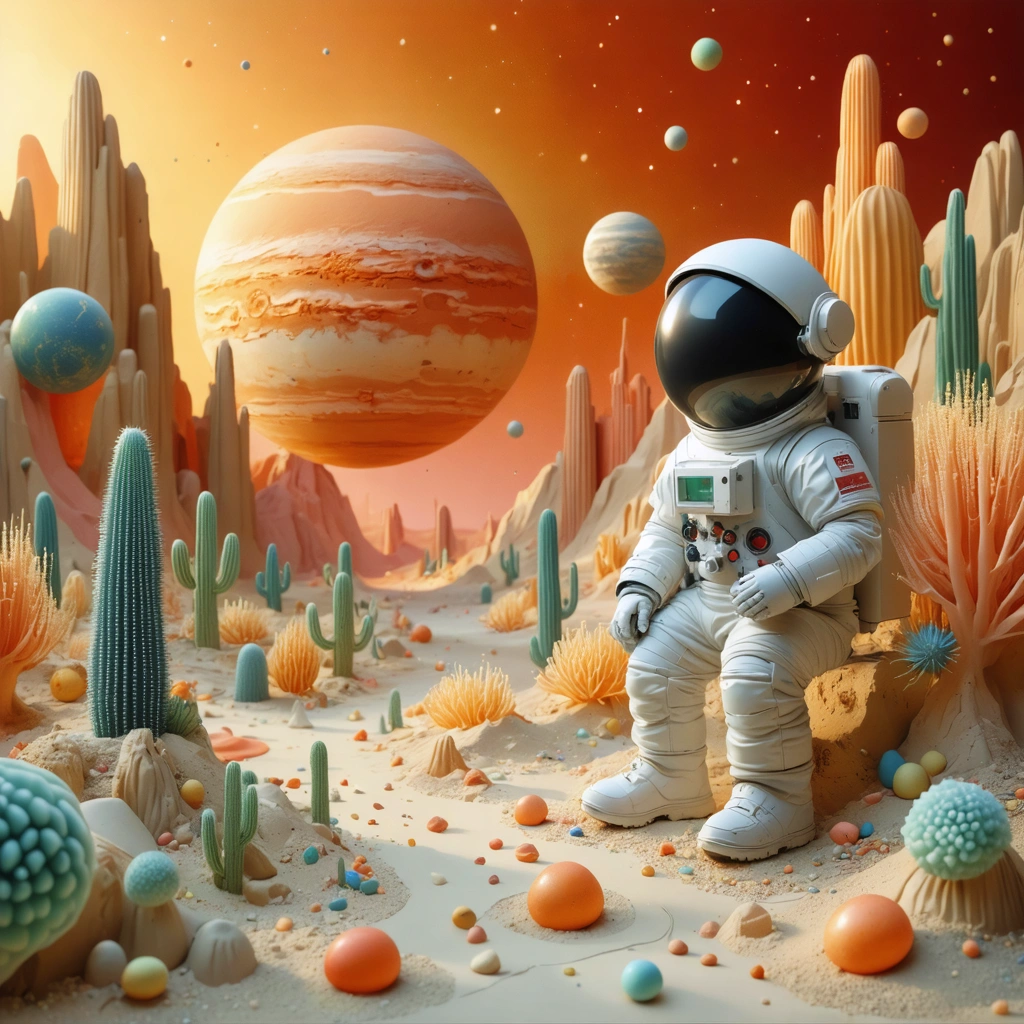
An Algerian Scientist’s Journey: Between Microbes and Mars
Introduction
Science has always been about exploring the unknown. The endless curiosity of mankind drives us to examine the smallest of microbes to the vast expanse of the universe. One of these explorers is an Algerian scientist who has spent his career splitting his gaze between microbes and Mars.
Unearthing the Small Wonders
The scientist’s work begins with the study of small fossils in big rocks. Microfossils, as these are called, are microscopic remains of bacteria, archaea, fungi, plants, and animals. They are typically smaller than 1mm and are often found embedded in rocks and sediment. Unraveling these miniature wonders requires specialized tools and techniques. For instance, the use of electronic microscopes and chemical analyses are crucial in studying these fossils.
- Electron Microscopes: These are used to examine the fossils in high detail. They work by using a beam of electrons instead of light to magnify the specimens.
- Chemical Analyses: This involves the use of various techniques such as mass spectrometry and chromatography to understand the chemical composition of the fossils.
From Earth to Mars
The tools and techniques used in studying microfossils are not limited to Earth. They can also be applied in the search for evidence of life on Mars. The reasoning behind this is that the rocks found on Mars may be similar to those on Earth. Thus, the methods developed for studying microfossils could potentially be used to look for signs of ancient Martian life. In this endeavor, NASA’s Mars Rover, Perseverance, plays a crucial role. This robotic explorer is equipped with a suite of scientific instruments designed for astrobiology research. These instruments can analyze the Martian soil and rocks for signs of past microbiological life, much like the tools used in studying microfossils.
Conclusion
The journey of this Algerian scientist is a testament to the interconnectedness of science. The same tools used to study tiny life forms on Earth could potentially unlock the secrets of life on Mars. As we continue to push the boundaries of our knowledge, we may one day find that life, as we know it, is not limited to our home planet.




